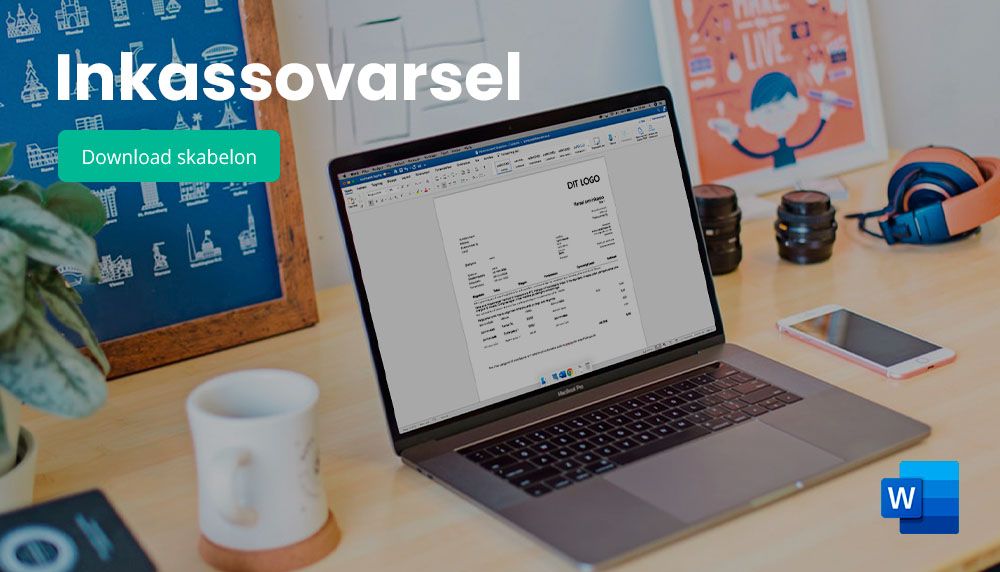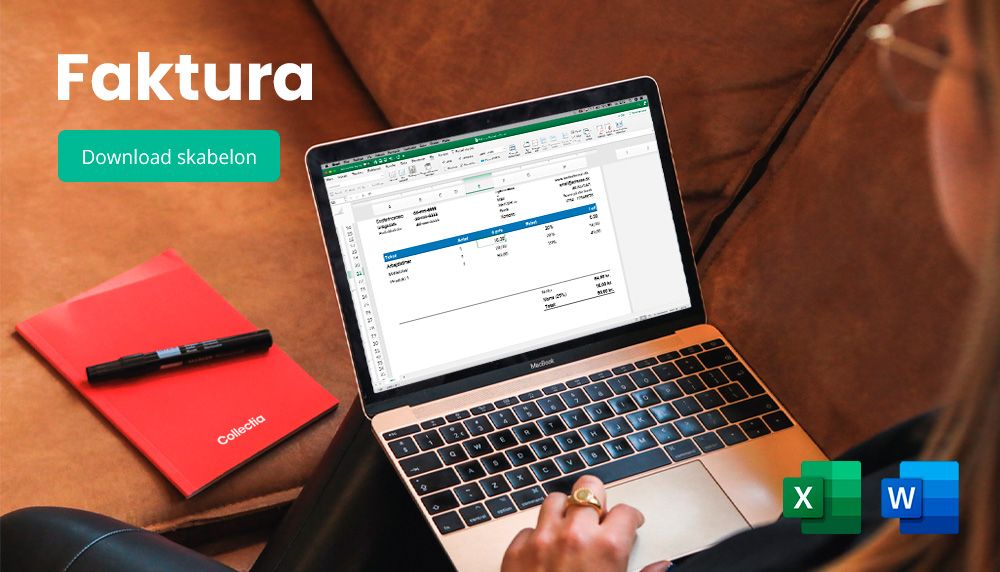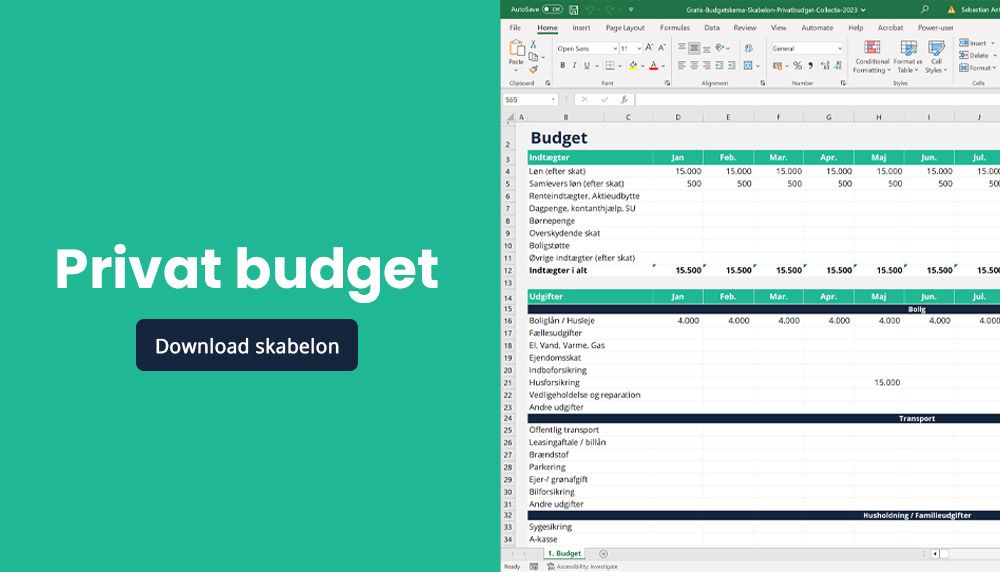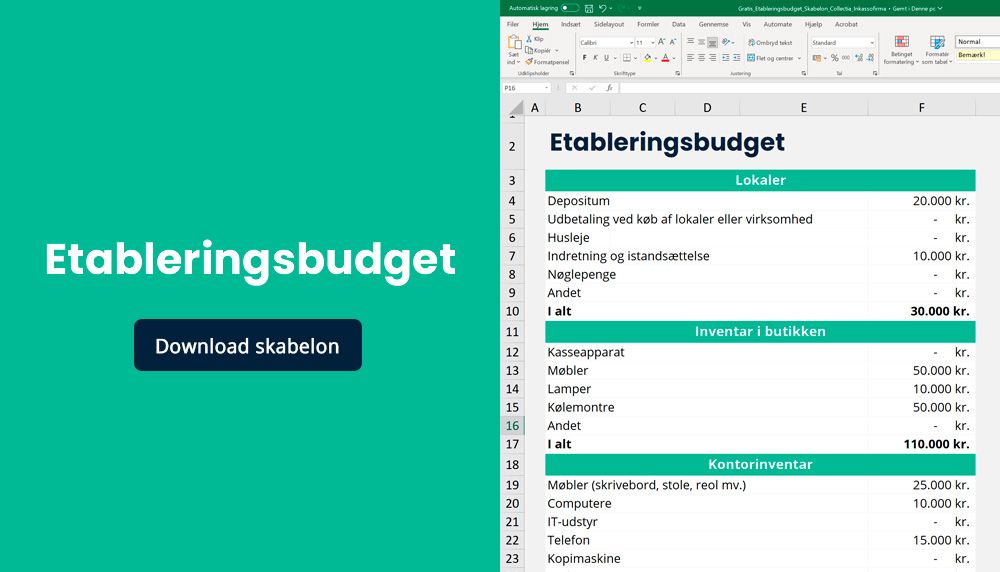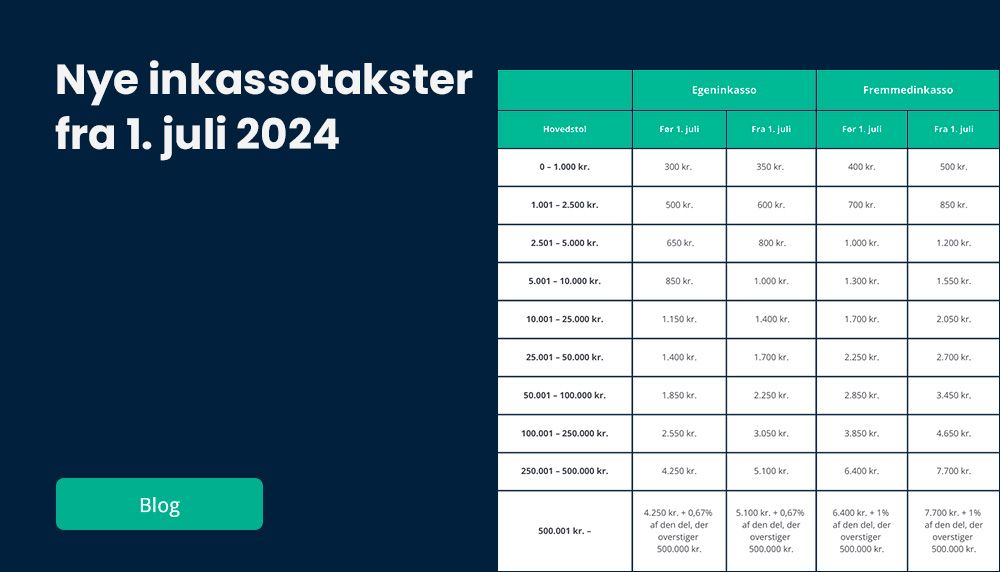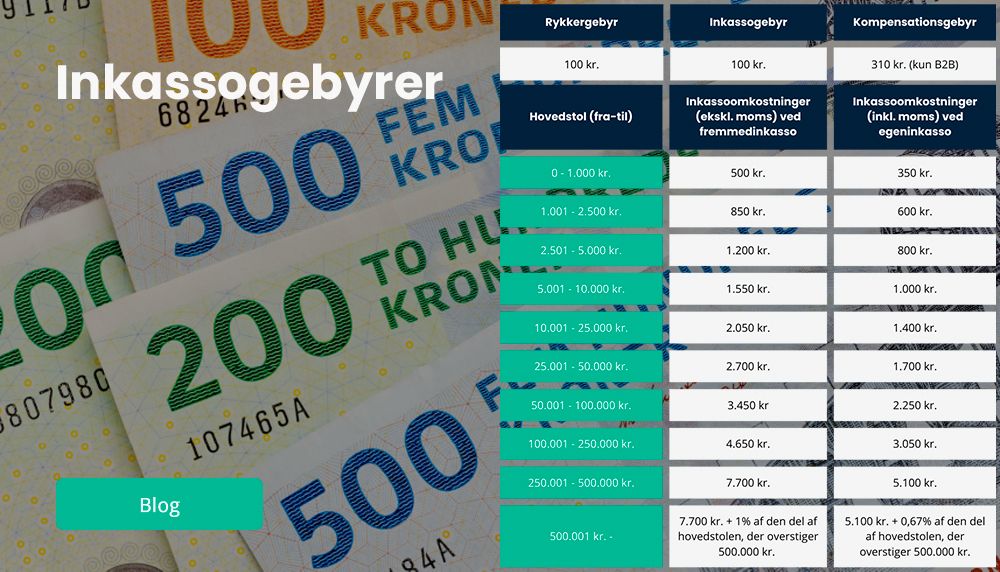
Payment deadline
We trade with each other on a daily basis, either through cash sales or by credit payment, where an invoice must be paid within a certain period of time.
The payment due date is the date by which a customer must pay for goods or services. This term is also referred to as the due date in some accounting programs. We have chosen to use the term "payment deadline", which is also used in the Danish Interest Act.
In cash sales, where the customer buys a product in a physical store, the payment term is the time the customer receives the product. There are no fixed rules on how long a credit period a company can offer a customer.
Payment term rules
As a general rule, your customers must pay for your services and products when they receive them. In other words, the customer cannot demand to receive a product and then pay later. If you run a physical store, clothing store, workshop or similar, payment is typically received immediately when the goods are handed over to the customer.
If your business chooses to give the customer the option to pay an invoice later, you are providing credit. It's your decision as a business to set this credit period, which can range from immediate payment to several weeks or months.
If payment of an invoice has not been agreed and no payment deadline has been set, the invoice must be paid no later than 30 days after receipt in accordance with the provisions of the Interest Act.
If you do not meet your payment deadline, there may be several consequences, including the imposition of additional costs and debt collection.
Consequences of Failure to Meet Payment Deadline
If a customer chooses not to meet their payment deadline, i.e. pays late or doesn't pay at all, there are a number of consequences and options that your business needs to be aware of.
As a company, you have the right to charge interest, reminder fees and a compensation fee (for business customers only) if a customer does not meet their payment deadline.
If a payment deadline has passed and a customer hasn't paid on time, this is also the time when you can consider the next step, such as debt collection. You cannot send reminders or initiate debt collection until the payment deadline has passed.
When is a payment deadline met?
In theory, a trader should receive payment for his goods or services on the day of the payment deadline.
In practice, this is often not possible when a payment is made via online banking, for example, as the money is typically not received by the recipient(creditor) until the next banking day (weekday).
Therefore, a payment deadline is usually considered to be met when the buyer(debtor) has made the payment on the day of the payment deadline.
Advantages and Disadvantages of a Long Payment Term
Extending credit to customers and thus providing a payment term that may be far in the future can have both advantages and disadvantages.
A typical credit period for a business is 7, 10, 14 or 30 days. This is often historical and tied to the tradition of "that's the way we've always done it". Another reason could be the nature of the industry, the market or the customer who has negotiated a credit period. For example, the food industry and craftsmen have historically obtained good credit agreements with their suppliers to improve their cash flow. Therefore, credit can be a competitive parameter.
A disadvantage of granting too long credit is the inherent risk that the customer will not pay for the goods and services they have received and possibly used. In such cases, debt collection can help.
Payment deadline and payment date
The terms "payment deadline" and "payment date" are often confused by individuals, businesses and even accounting programs.
While the two terms can often be the same in practice, it's important to establish that the payment due date is the date by which the customer must pay, while the payment date is the date the customer actually makes the payment. Read more about payment date here:

